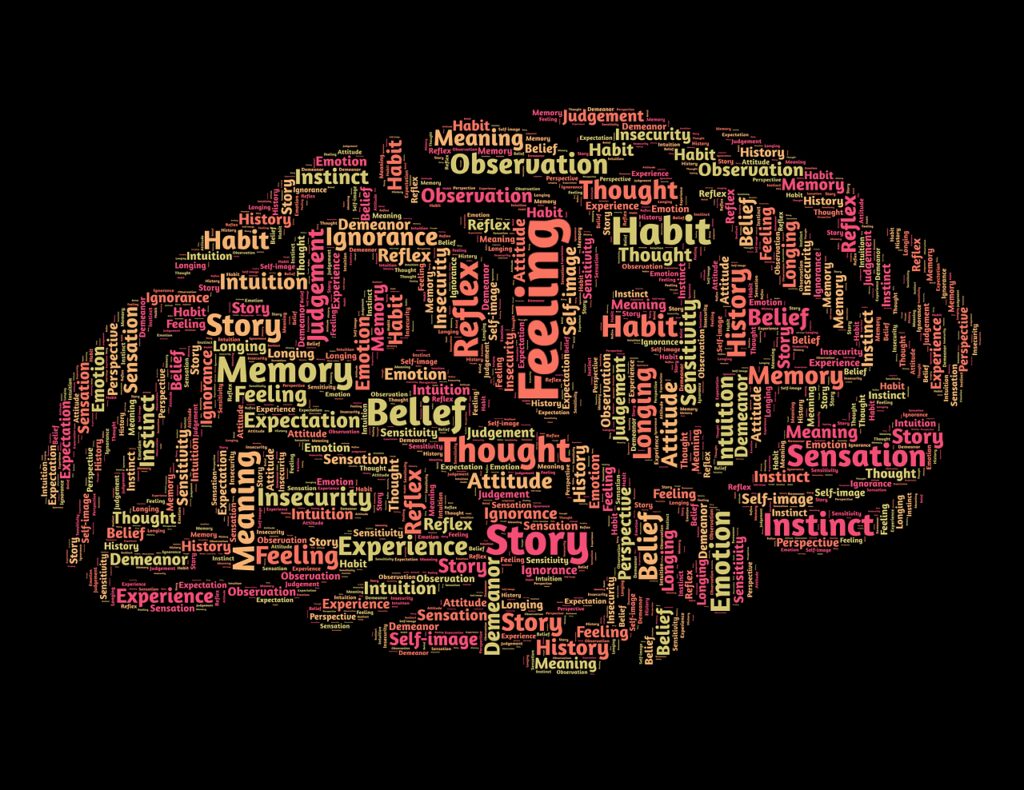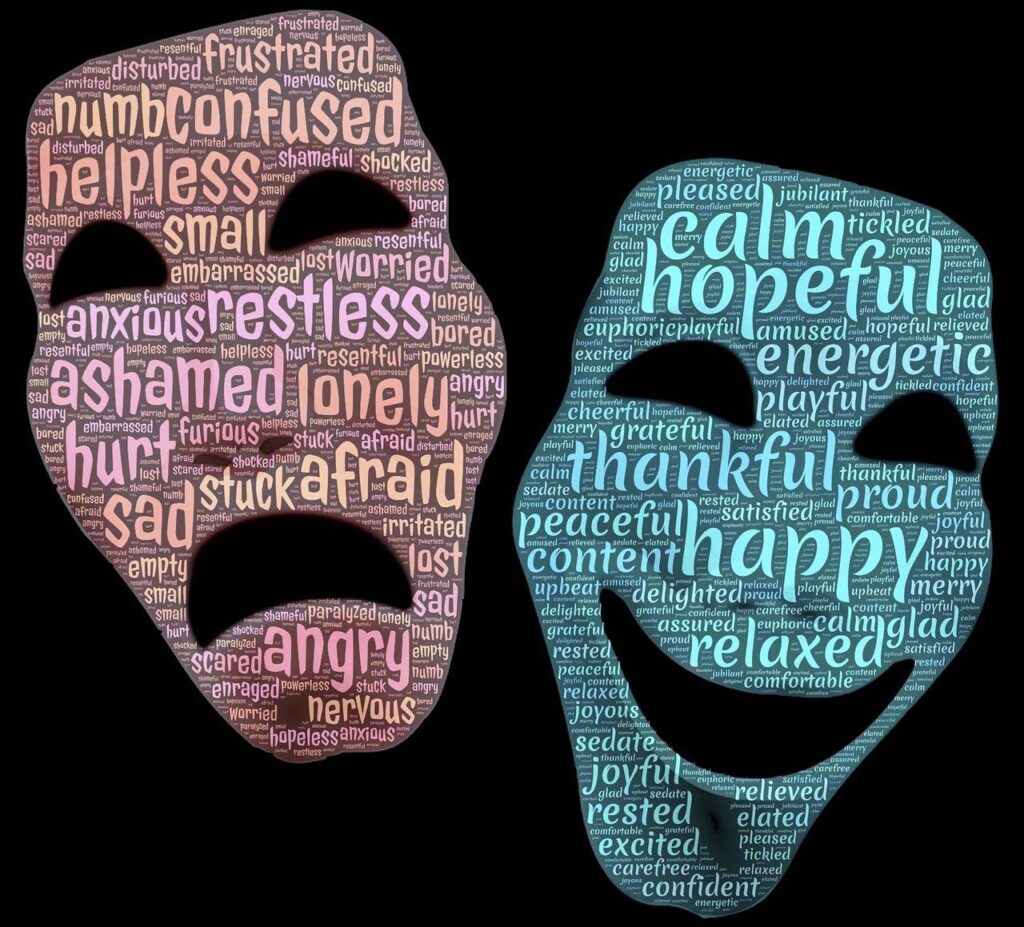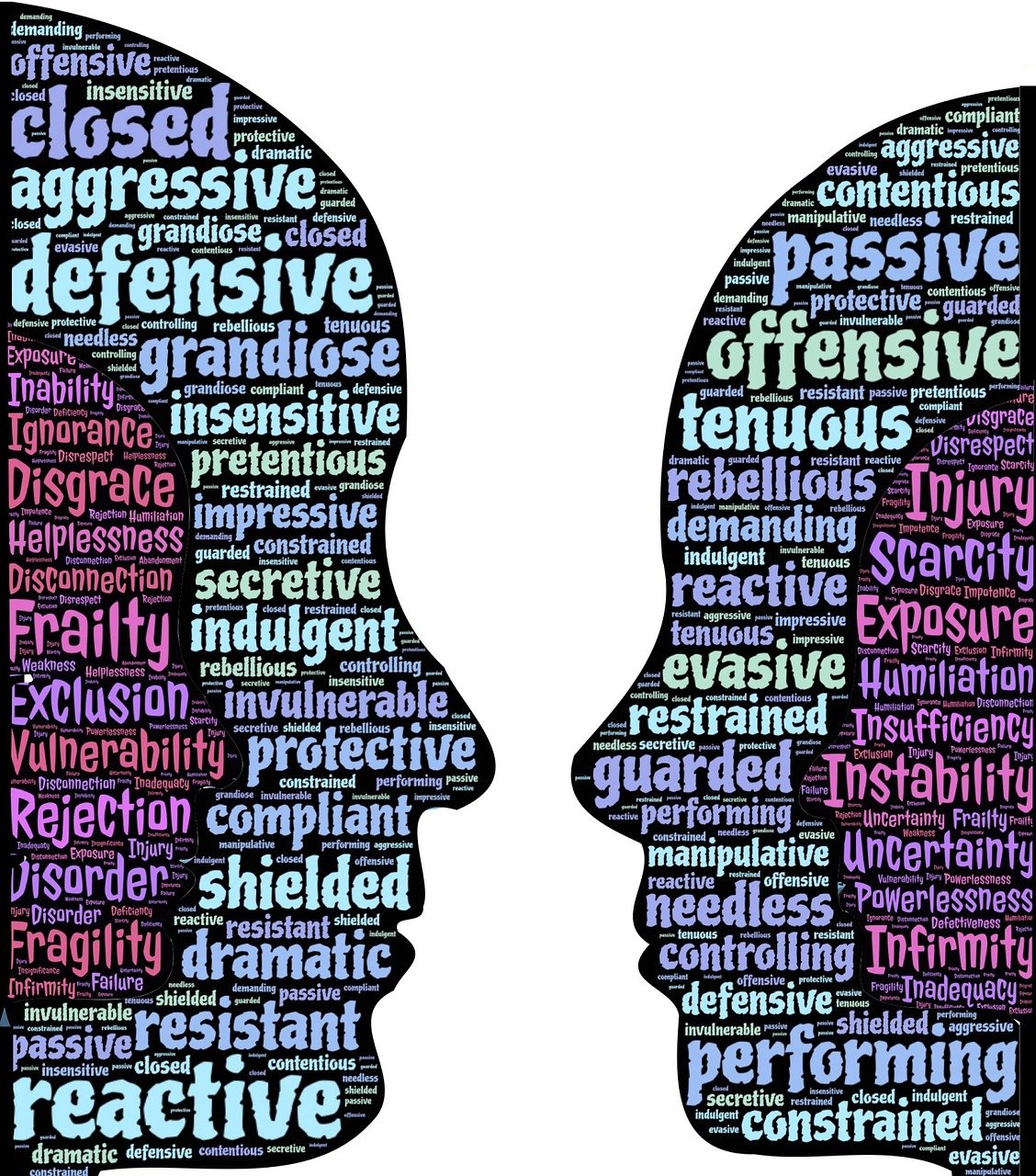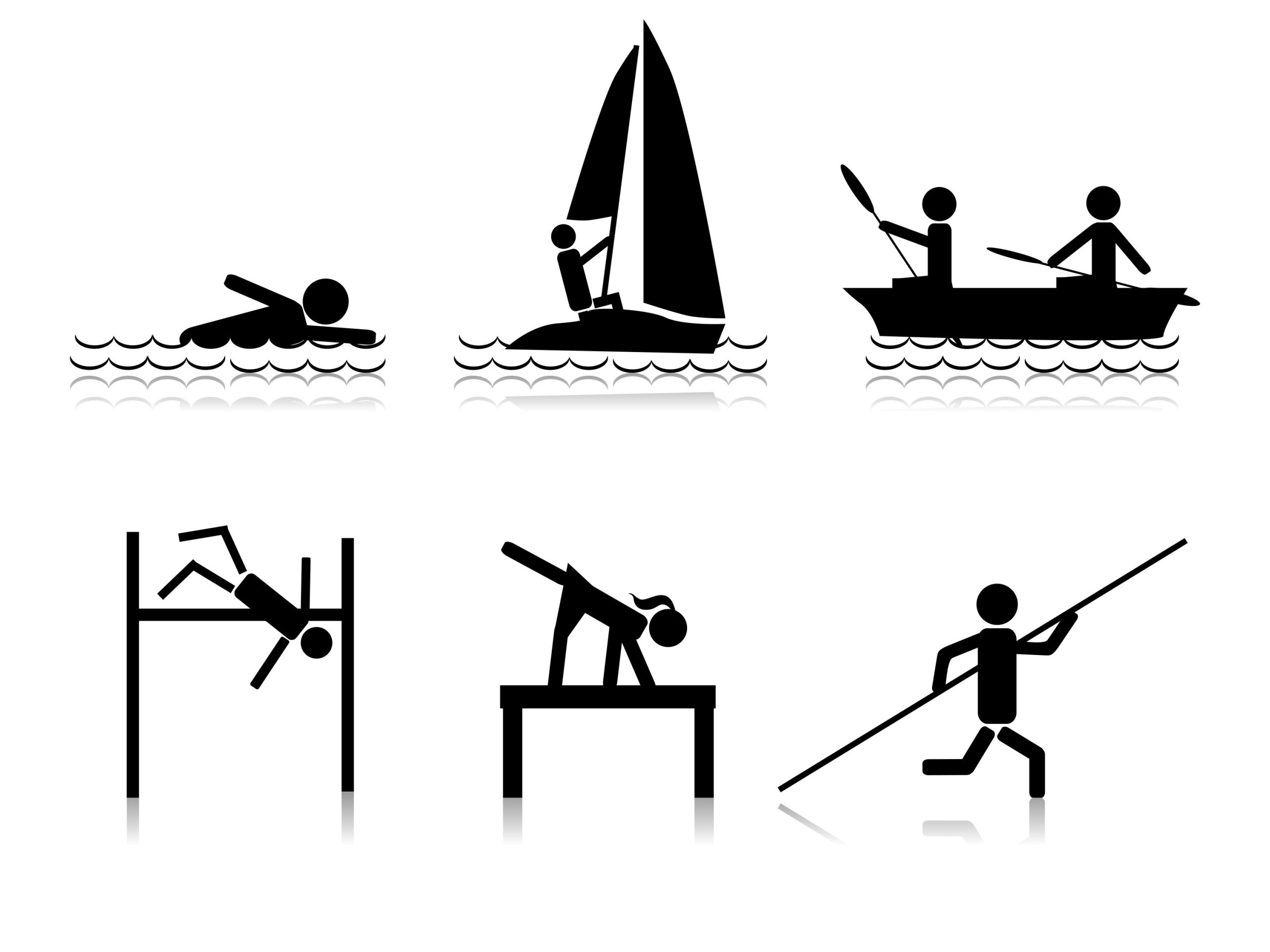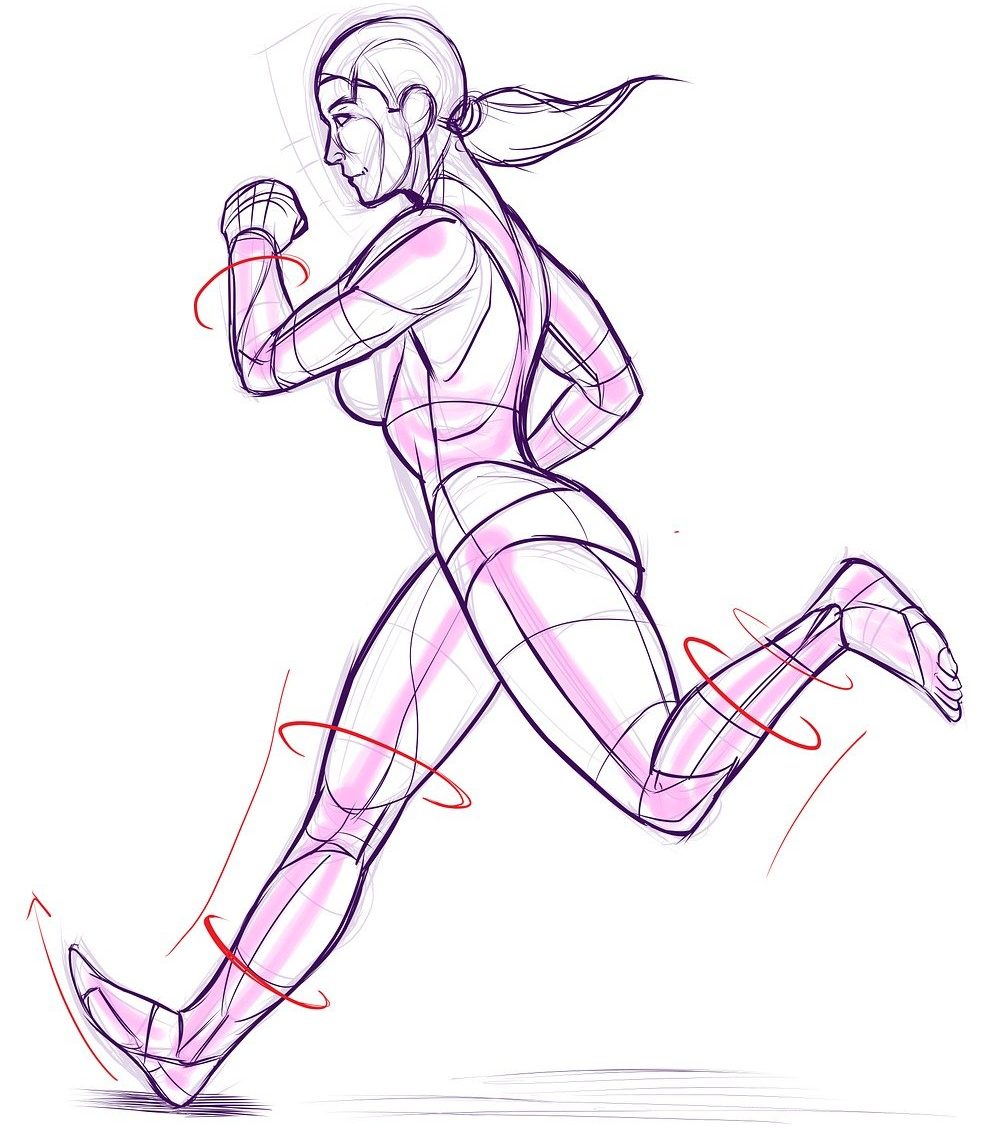Steering our lives towards valued outcomes
The regard that something is held to deserve; the importance, worth, or usefulness of something.
Value - Lexico.com
The way a thing turns out; a consequence.
Outcome - Lexico.com
The THINKERSOLVER PROJECT is developing a GUIDE with the intention of achieving VALUED OUTCOMES, which will be done by examining how we THINK and ACT, including the FACTORS that revolve around them.
Want to learn more about the project without spending hours clicking through links and tabs on the website? Then go to the DOCUMENTS section of the website to download the entire website, in a well presented PDF format called ‘Thinkersolver Website‘.
All factors contribute to a result, and therefore it is important to know what these ‘Factors’ are.
The environment is the interactive medium we reside in, and it is important not only to know how we interact with it, but how all the components of the environment are interconnected.
The universe has rules that govern it and its constituent parts, and it is when these parts form a whole that a system is formed. So to understand a system, we must examine the whole as well as its parts.
Both physical and abstract things have been created by humans for thousands of years, some of these are useful and beneficial, some are harmful and destructive. It is up to humans to decide which things to use and which ones to not use, for both the physical things and abstract things.
The mind is always in a state of change and it is important to know why that is!
A Personal Paradigm is the culmination of what is knowable, evident and accepted by you, acquired through the people you interact with as well as the experience you go through throughout your life.
The meaning behind the word ‘paradigm’ comes from Thomas Kuhn, where a paradigm is defined as a particular and accepted set of thoughts and assumptions about the way things are.
The beliefs we form, the emotions we feel and our past behaviour allow the brain to arrive at a conclusion which will have a great influence on the way we do things in the future. To guide our attitude for more desired outcomes, it will be wise to examine our beliefs, feelings and past experience, as well as the conclusions our brain has arrived at, to see if this is truly the right attitude to have in the future.
Judgment revolves around the morality of our choices, which can only really be learnt from learning. Knowing how to make good judgement can be comprehended from subjects such as epistemology, Metaphysics, Ethics, Humanities and logic. But another important factor for good judgement is how you learn, which can only really be done through action, teaching and deep contemplation.
Judgment is therefore a reinforcing feedback loop between thought, action and an outcome. Its humanities interpretation of all of these which determines whether we have good or bad judgment.
You cannot always control the way you act, but through practice and the right mindset, you can act more appropriately.
The environment directly affects our behaviour and how we act, even if our minds disagree, and so understanding the connections and factors involved in how our bodies react to changes in the environment will give options on what to do about our behaviour.
Each of the multitude of actions we take can be placed into 5 categories; Maintenance, occupation, Social, Hobbies and Projects. The reason behind each type of activity is normally placed upon a deep desire, need, or intent.
What activity you prioritise over will be dependent on whether its biological in nature, or based on the value and belief systems you have developed in your mind.
Our minds rely on our muscle memory and response to stimuli to react to the environment with sufficient time without taxing the brain. Through repeated action and routine, the brain can rely more on the body when dealing with the environment.



